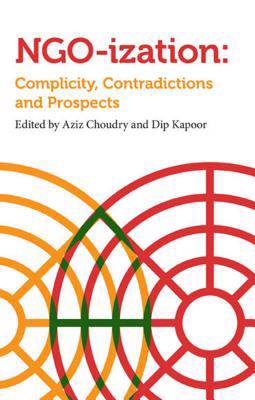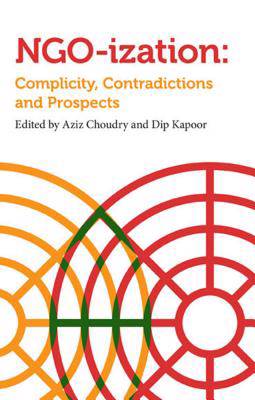
- Retrait gratuit dans votre magasin Club
- 7.000.000 titres dans notre catalogue
- Payer en toute sécurité
- Toujours un magasin près de chez vous
- Retrait gratuit dans votre magasin Club
- 7.000.0000 titres dans notre catalogue
- Payer en toute sécurité
- Toujours un magasin près de chez vous
97,95 €
+ 195 points
Format
Description
The growth and spread of non-governmental organizations (NGOs) at local and international levels has attracted considerable interest and attention from policy-makers, development practitioners, academics and activists around the world. But how has this phenomenon impacted on struggles for social and environmental justice? How has it challenged - or reinforced - the forces of capitalism and colonialism? And what political, economic, social and cultural interests does this serve?
NGOization - the professionalization and institutionalization of social action - has long been a hotly contested issue in grassroots social movements and communities of resistance. This book pulls together for the first time unique perspectives of social struggles and critically engaged scholars from a wide range of geographical and political contexts to offer insights into the tensions and challenges of the NGO model, while considering the feasibility of alternatives.Spécifications
Parties prenantes
- Auteur(s) :
- Editeur:
Contenu
- Nombre de pages :
- 248
- Langue:
- Anglais
Caractéristiques
- EAN:
- 9781780322582
- Date de parution :
- 11-07-13
- Format:
- Livre relié
- Format numérique:
- Genaaid
- Dimensions :
- 143 mm x 245 mm
- Poids :
- 421 g

Les avis
Nous publions uniquement les avis qui respectent les conditions requises. Consultez nos conditions pour les avis.






